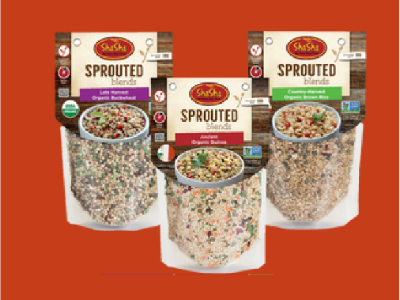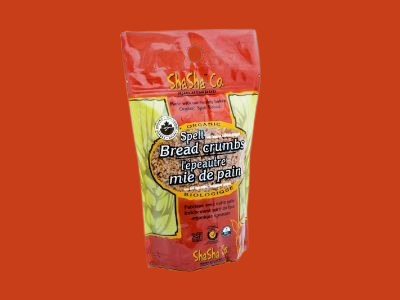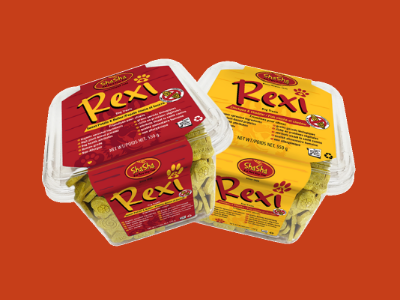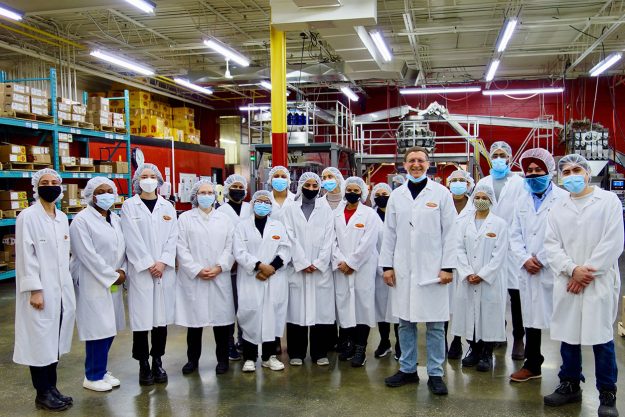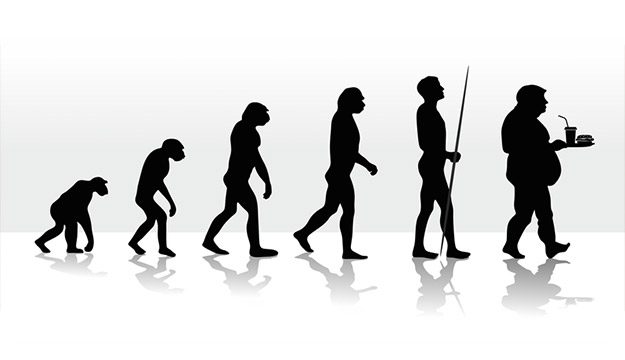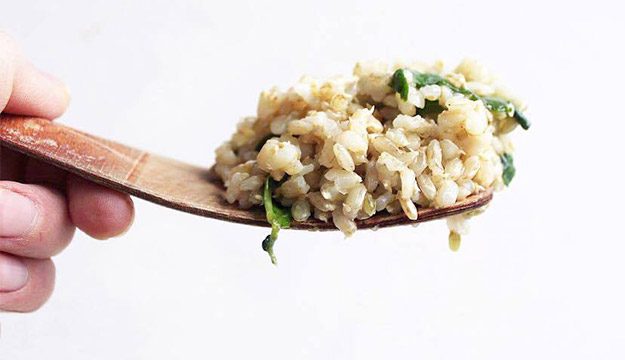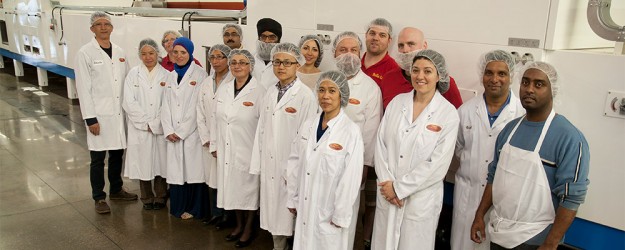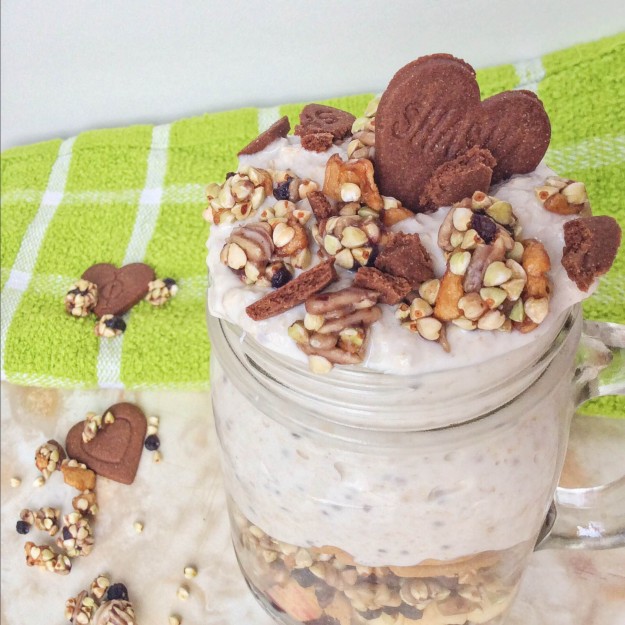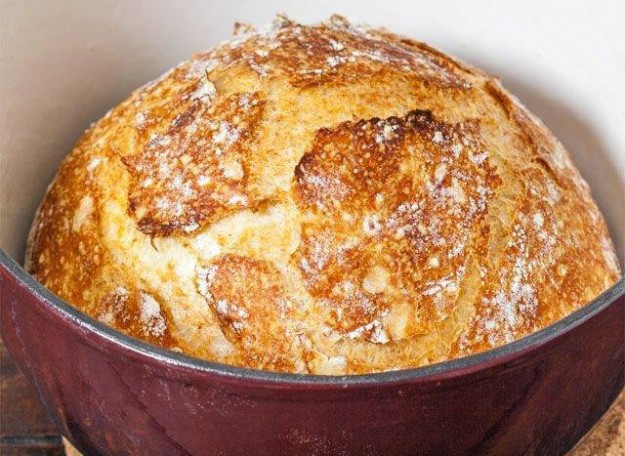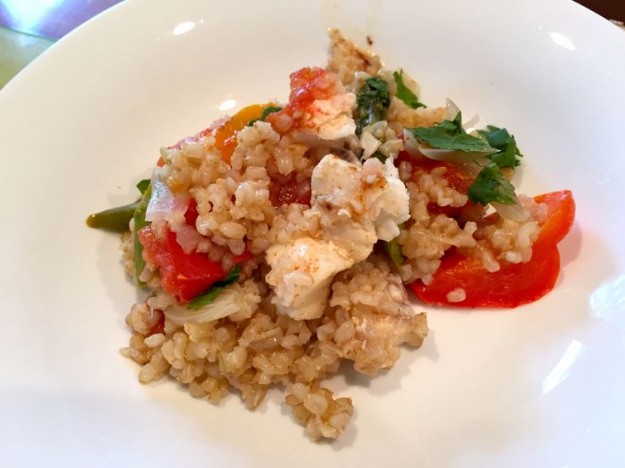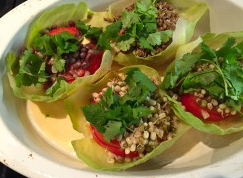Sure, it sounds like a good idea at first; our bodies evolved to process the foods our cave-dwelling ancestors could hunt and gather and so shunning all that farming and industry have brought will mean we live healthier, skinnier lives. What has resulted is a kind of carbo-phobia that causes the Paleo enthusiast to run screaming from the room at the sight of a sandwich. But as Paleo swept the nation and more and more research went into the effects of the diet, the disadvantages began to emerge.
The Paleo diet follows that of our hunter-gatherer ancestors who lived in the Paleolithic era. This means any products that come from agriculture like grains, legumes and some dairy products are out and meat, poultry, non-starchy vegetables, fish, seafood, eggs, fruit, nuts and seeds are in.
Low-carb diets like Paleo or Atkins can have positive effects on our weight, but are they sustainable in the long run?
What did the Flintstones eat?
The first problem with the Paleo diet is that we really aren’t sure what our ancestors ate. People in different regions would have had very different diets. Meat would probably not have been a daily menu item and would have been restricted to successful hunts and then they would have gorged as meat spoils easily. The truth is, we simply can’t tell exactly what they ate and how much of each food group.
The nutritional profiles of commercially raised animals are very different from their wild cousins. Animals raised on artificial diets of corn and grains that are pumped full of hormones and antibiotics just don’t have the nutritional advantages that wild animals do. If you are following a Paleo diet, try to restrict yourself to organic meat.
Christina Warinner of the University of Zurich points out that almost every fruit, vegetable and protein source we use today is dramatically different from those that were available to our ancestors. Selective agriculture has ensured that only those plants with the most desirable traits were grown and so the tomatoes, corn and fruits that we enjoy today are very different from those our ancestors would find in the wild.
Nutritionist Dr. Rosemary Stanton: “Many anthropological experts dispute the claims of Paleo diet promoters, noting that our ancestors’ diets varied greatly and many included seeds of grasses. Why exclude plant-based foods such as wholegrains and legumes when a wealth of evidence confirms their health value?”
Bread is nutritionally brilliant
Bread is delicious and can be a real asset to your daily nutritional intake. I’m not talking about the mass-produced breads filled with commercial yeast; I’m talking whole-grain organic breads which are naturally fermented. These bread contain natural microbes (probiotics) and the food they eat (prebiotics) which are essential for healthy digestion and effective absorption of nutrients. The same goes for fermented foods like yogurt and kaffir. Bread also makes available all the nutritional value of whole grains.
Mounting Scientific Evidence
CEO of the Dietitians Association of Australia, Claire Hewat: “Any diet excluding whole food groups should raise suspicions. The idea of cutting out grain-based foods and legumes is not backed by science and eating more meat than is needed by the body certainly has risks, according to the World Health Organization.”
The Paleo diet also assumes the human genome has remained unchanged for thousands of years, which simply isn’t true. Not only have our own bodies evolved, but the bacteria and microbes that live inside our bodies have evolved too and we can’t know what kind of beasties lived in the intestines of our ancestors.
Paleo enthusiasts hope that modern diseases that are considered lifestyle-related probably didn’t exist in our ancestors, but the truth is that few lived long enough to die from heart disease. A recent study in The Lancet investigated atherosclerosis (the clogging of arteries with cholesterol and fat) in 137 mummies from all over the world. They found atherosclerosis in 47 mummies which included people from all walks of life.
William Leonard of Northwestern University wrote in Scientific American in 2002: “Our species was not designed to subsist on a single, optimal diet. What is remarkable about human beings is the extraordinary variety of what we eat. We have been able to thrive in almost every ecosystem on the Earth, consuming diets ranging from almost all animal foods among populations of the Arctic to primarily tubers and cereal grains among populations in the high Andes.”
Without conclusive evidence of what our ancestors ate and whether they really were healthier than us, consider a healthy, balanced diet that includes all the food groups in quantities that makes you feel happy and energetic.

